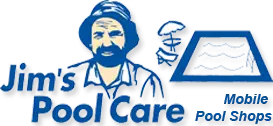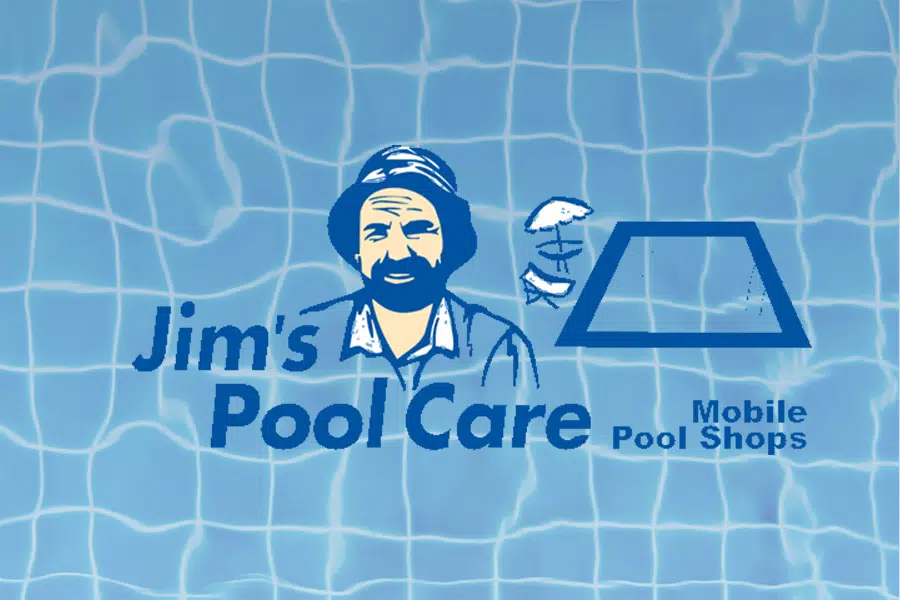
Types of Chlorine: Pool Cleaning Chlorine Tablets, Granular Chlorine or Liquid Chlorine?
Manually Adding Chlorine to your Pool
If you do not have an automatic Chlorine Doser or generator (Salt Water Chlorinator) you need to ensure you manually dose your chlorine on a regular (even daily) basis. So what types of Chlorine can I use on my pool? Glad you asked.
Even with the recent storms and bad weather, many pool owners will have to manually add chlorine (if there is a Salt shortage) to shock and prevent their pools going green or being unsafe to swim.
We often get asked if Pool Cleaning Chlorine tablets do the same thing as Liquid Chlorine, and the simple answer is yes and no. Yes, they both work to keep your pool water healthy, but they also have major differences that set them apart. First, let’s take a little look at what these two cleaning products do.
NOTE: You must always follow manufacturers instructions for doing all pool chemicals and protect yourself with appropriate safety precautions (Glasses, Gloves, Longs shirt and pants).
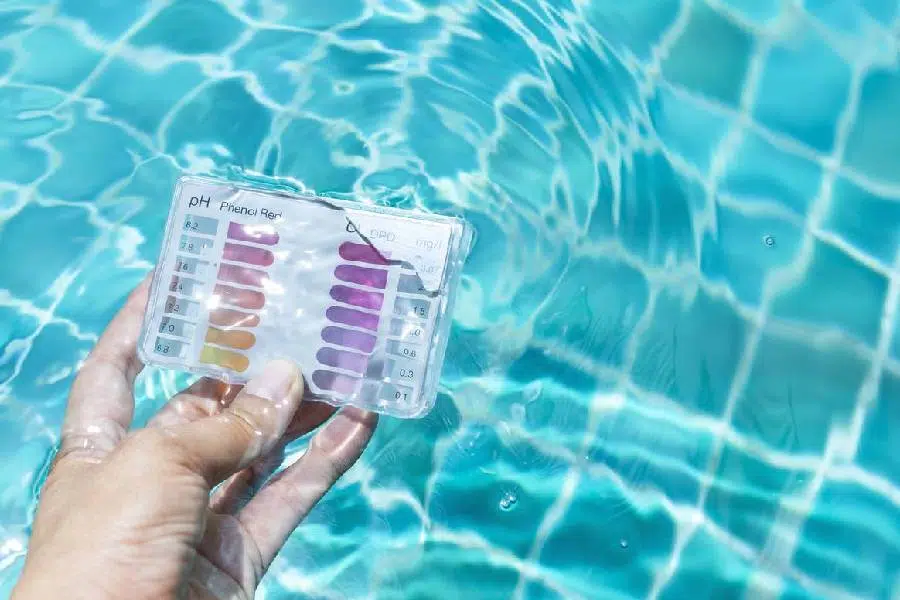
Liquid Chlorine for your Pool
Liquid chlorine has been around for years in the pool industry and is very much like the bleach you use to remove dirty stains from your laundry or brighten your whites, although much stronger regarding chlorine concentration. The chlorine is manufactured on mass from water and salt, then put into containers or trucks of various sizes for sale. This Pool Chorine Liquid solution is then poured directly into the pool water in measured doses rates pending on the size of your pool. The solution is also not mixed with any kind of ‘filler’ material, except water, so you can be sure you’re getting your money’s worth.
While using liquid chlorine is not complicated, you will have to use quite a lot of this “bulky” chemical in one dose pending size of pool, and you’ll need to be fairly accurate with how much you pour in. The reason for this is because you don’t want to imbalance the chemicals in your pool, and this can be easy to do if you add to much or too little.
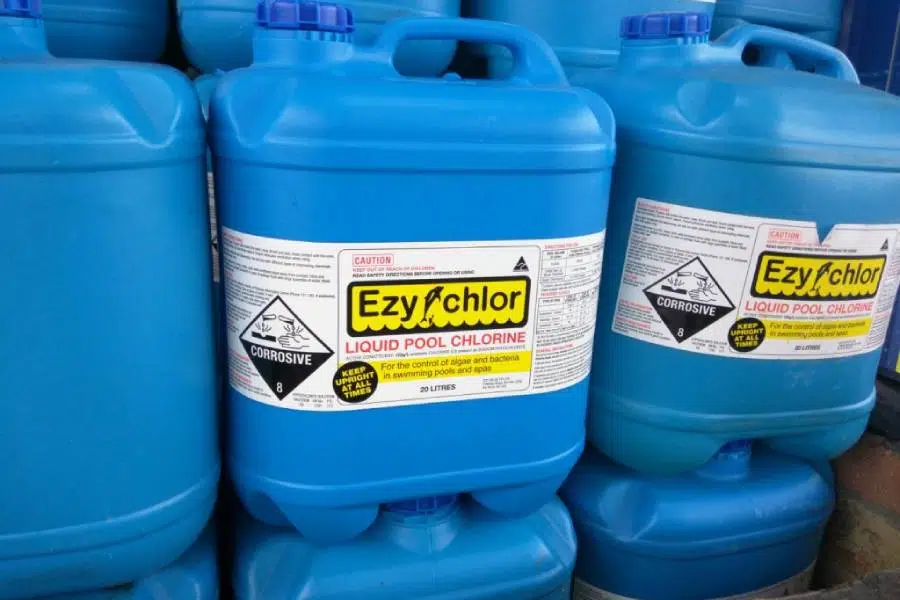
Too much and your chlorine levels will be too high and may affect bather comfort and pH levels. Too low and your pool will be unsafe and may start growing algae or turn green. The right Chlorine amount for average pools is 2ppm-3ppm and ideally a pH level around 7.4 and no higher than 7.6, so you can expect to add a bit of liquid chlorine in the water to maintain this balance at the 2ppm level all day, every day, especially in summer.
The disadvantage to pool liquid chlorine is its short shelf life, this means you will not be able to buy it in bulk and only use it when you need to. The solution will only last a few weeks before its strength starts to deteriorate, usually with heat and time. To avoid this, the best option is to only buy what you need, keep in the shade and use daily to minimise peaks and troughs.
Pool Going Green? If your pool is going cloudy or green, you can use it to “Shock Dose” or “Super-chlorinate” your pool with a larger dose.
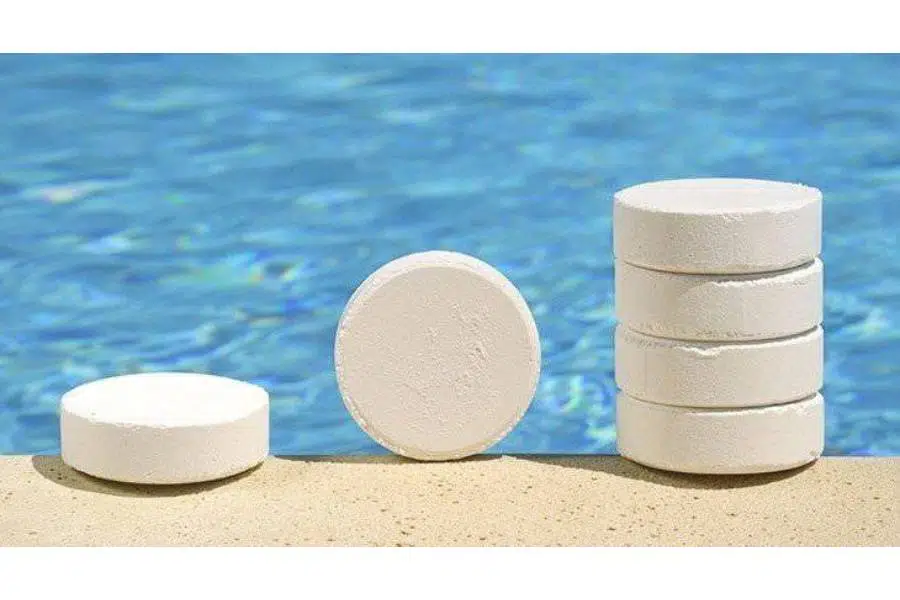
Pool Chlorine Tablets
You may think to yourself that pool chlorine tablets are pretty much the same as liquid chlorine just in solid form, and this wouldn’t be too far from the truth. Chlorine Tablet’s are indeed composed of chlorine but can also have a stabilizing component which is usually cyanuric acid or CYA. This makes the tablets quite acidic so may also lower the pool’s pH level, but because they introduce chlorine into the water in a slow release way, they can be a good form of consistent chlorination if regular testing pool water.
The obvious advantage of a Chlorine Tablet is the lack of labour needed as they just float around and dissolve and the convenience of cost and work. While big barrels of Liquid Chlorine can be quite heavy and a difficult task to lower and our into the pool, pool tablets are light and can be easily added to tablet floating dispensers.
Another pro for using Chlorine Tablets is that the stabilizer (CNA) gets released, slowing the loss of chlorine and ensuring slow dissipation throughout the water. This means that the chlorine is distributed in a consistent manner as compared to Liquid Chlorine which is all in at once. Also, to keep in mind that you can store tablets for much longer than liquid chlorine.
So, what is the disadvantage to using Chlorine Tablets? Well, these tablets don’t just add chlorine to the pool, but also that stabilizing agent we spoke of earlier, like CYA. This stabilizer builds up over time with prolonged use, and can stay in water at a residual level for a long time. This results in the gradual build up of CYA in the pool and eventually, research says could end up “blocking or locking” the sanitizing effect of chlorine. So test regularly and speak to your local pool technician if you need help.
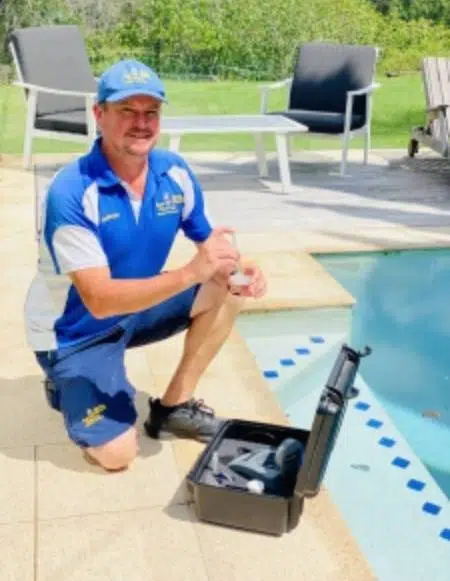
Should I upgrade to a Salt Water Chlorinator?
This of course would be the ideal situation. They provide daily dosing of chlorine at more controlled levels, but they do come at a cost and you have to maintain salt levels. However, many people who have converted say that the cost once installed is similar and the big benefit is that a Salt Water Chlorine Chlorinator saves them so much time and effort.
Which Pool Chlorine to Choose?
At the end of the day, the choice is yours to make, and both options come with advantages and disadvantages. You must test your pool water on a regular basis regardless. If you want convenience and don’t mind keeping a careful eye on your chemical levels often, then Chlorine Tablets may be the way to go. You may need an extra boost in summer but also keep your eye on your CYA levels. These are quite cost effective and have a great shelf life.
However, if you want a way to sanitize your pool without worrying about the increasing rates and effects of stabilizers such as CYA and pouring the liquid isn’t too difficult a task for you, then Liquid Chlorine is your best option.
Free Quotes
As always, if you want to make your life easier and not worry about any of these choices, give us a call today and we’ll organize a local Franchisee to come out and give you a free on-site quote for an automated dosing system and regular pool maintenance!
ph: 131 546 Fast response with reasonable prices!
Book Two Classes for $2!
Get to know our studio before you commit to becoming a regular student. We can’t wait to meet you!
Client Testimonies










